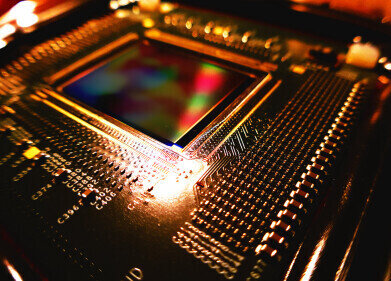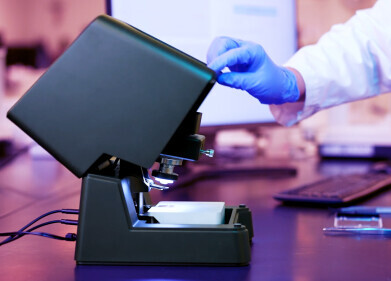Microscopy & Microtechniques
Advanced Digital Pathology Solution for Tissue Microarray Analysis and Research
Aug 28 2007
TMALab II software enables researchers to analyze and manage hundreds of small tissue samples simultaneously in a meaningful way to facilitate leading research applications such as new biomarker validation, or discovering and dissecting molecular pathways.
The software is the only web-based product that facilitates multi-user access and server-based image analysis, allowing numerous remote pathologists to collaborate on large TMA projects. Researchers can easily retrieve all stains for any given core, and all cores for any given specimen. Additionally, the software provides links from any TMA core back to the original H&E slide cut from the corresponding donor block.
"Our first generation TMALab product has been successfully assisting scores of TMA researchers to streamline high-throughput tissue analysis in both the bio-pharma and cancer research arenas for many years," stated Dirk Soenksen, CEO of Aperio. "TMALab II enhances the value of our digital pathology solution, sets new standards for ease of integration, and significantly expands data analysis and reporting capabilities for the TMA environment."
Beta versions of the software have been successfully deployed at the National Cancer Institute in Bethesda, MD and the Netherlands Cancer Institute in Amsterdam. TMALab II is currently being used at the National Cancer Institute's Tissue Array Research Program led by Dr. Stephen Hewitt. The initial project involves multiple slides prepared from 32 tissue microarrays. The TMA slides will be scanned using an Aperio ScanScope?, annotated by a pathologist accessing the software via the Internet, and scored using quantitative image analysis algorithms. Additional projects have already been initiated using the platform to examine more than 75 stains on a single TMA.
Digital Edition
ILM 49.5 July
July 2024
Chromatography Articles - Understanding PFAS: Analysis and Implications Mass Spectrometry & Spectroscopy Articles - MS detection of Alzheimer’s blood-based biomarkers LIMS - Essent...
View all digital editions
Events
Jul 28 2024 San Diego, CA USA
Jul 30 2024 Jakarta, Indonesia
Jul 31 2024 Chengdu, China
ACS National Meeting - Fall 2024
Aug 18 2024 Denver, CO, USA
Aug 25 2024 Copenhagen, Denmark




24_06.jpg)













